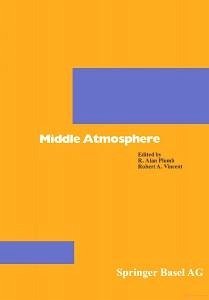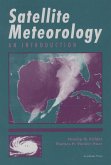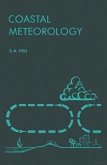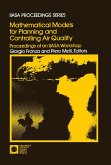For advanced undergraduate and beginning graduate students in atmospheric, oceanic, and climate science,
Atmosphere, Ocean and Climate Dynamics is an introductory textbook on the circulations of the atmosphere and ocean and their interaction, with an emphasis on global scales. It will give students a good grasp of what the atmosphere and oceans look like on the large-scale and why they look that way. The role of the oceans in climate and paleoclimate is also discussed. The combination of observations, theory and accompanying illustrative laboratory experiments sets this text apart by making it accessible to students with no prior training in meteorology or oceanography.
* Written at a mathematical level that is appealing for undergraduates and
beginning graduate students
* Provides a useful educational tool through a combination of observations and
laboratory demonstrations which can be viewed over the web
* Contains instructions on how to reproduce the simple but informative
laboratory experiments
* Includes copious problems (with sample answers) to help students learn the
material.
Dieser Download kann aus rechtlichen Gründen nur mit Rechnungsadresse in A, B, BG, CY, CZ, D, DK, EW, E, FIN, F, GR, HR, H, IRL, I, LT, L, LR, M, NL, PL, P, R, S, SLO, SK ausgeliefert werden.









